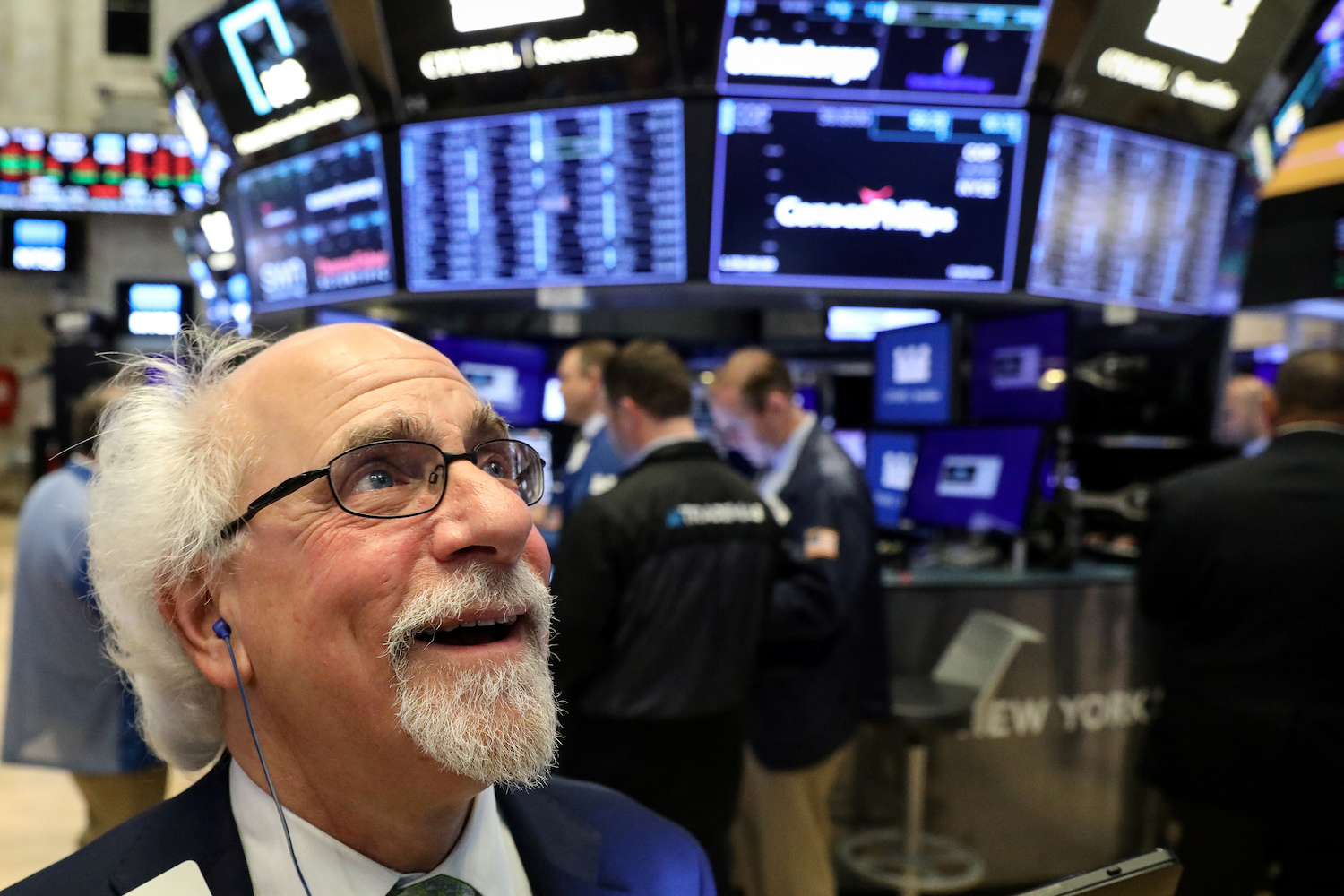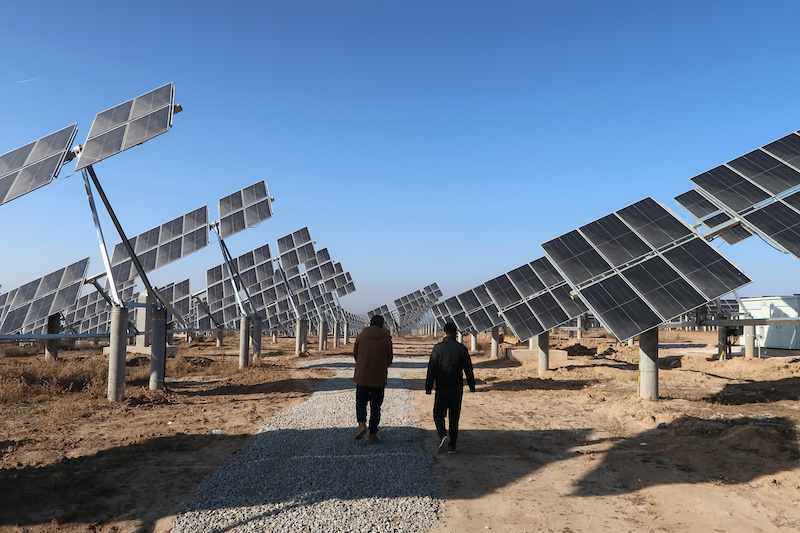(ATF) Since the end of October, global equity markets have rallied by an eye-popping 15%. They have outperformed the US market by 4% and November was one of the best months for equities in the past decades. This is the beginning of a more significant global market performance, which should encourage investors to increase their investment outside the US.
Until recently, global and emerging market investors had a lacklustre year in terms of investment performance. Until the start of November, developed market equities were flat in total return terms, and emerging markets have only returned 3%.
Australia, France, the UK, and Spain all posted double-digit losses even in US dollar terms. The US stood out strongly with the Nasdaq posting a 31% return and the broader S&P 500 performing by 4%.
Reversal of fortunes
Months of easy monetary policy, lagging valuations in many equity markets, and a weakening US dollar provided the necessary dry tinder. The US election and the vaccine announcements were the sparks for the broader global move higher.
During the first hours of counting, the US election was close, and President Donald Trump’s combative attitude maintained a sense of uncertainty. However, the lack of a “Blue Wave” assuaged the concerns of those investors who feared a significant leftward lurch in policies. Despite the lack of a full concession by Trump, the election process has been peaceful and orderly.
For investors in global markets, a new era of more orthodox US trade and foreign policies contributed to a sense of relief. Even though the US faces significant challenges to help restore some global order, expectations are that aggressive disruption will give way to greater stability.
European and Japanese equities have much greater exposure to typically cyclical sectors and financials. Many emerging markets are oriented towards commodities and some depend on tourism. US markets have benefited from a significantly larger exposure to technology companies.
Technology stocks are viewed as beneficiaries of the pandemic. Work from home resulted in an acceleration of various trends, which benefited a broad range of technology investments. Following the announcement of positive vaccine trials, investors are preparing for a return to a more normal economy. Oil started to rally, and other commodities continued their rallies.
Valuations of many of the beaten-down sectors started the month at very cheap levels, especially considering the extremely low level of government and corporate bond yields. Global financials, industrial companies, and companies linked to the travel and hospitality sectors were all hovering close to the lows we saw in March.
Recovery expected
We expect global equities to continue to rally and to outperform US equities. Despite the rally, cyclical sectors remain cheap. They should continue to benefit from the expected economic recovery in 2021.
After a weak 2020, global growth is expected to stage a significant recovery. Unlike after the Global Financial Crisis, central banks will keep monetary policy very easy. The US Federal Reserve, the European Central Bank (ECB), and the Bank of Japan are explicitly targeting higher inflation.
At its meeting in December, the Fed is more likely to announce further clarity on the duration of its quantitative easing program. The ECB will probably announce further bond purchases and other measures to increase the flow of credit.
In addition to monetary policy, we expect further stimulus from government spending. The US is likely to pass a large stimulus package in the range of $1 trillion, and Europe will start deploying its earlier announced Reconstruction Fund.
Investors are being pushed into taking more risk by the more than $17 trillion in negative-yielding bonds. Large companies are not having trouble refinancing their borrowings at very low yields.
Asian markets will also catch up, but here too, we see a rotation towards some of the bourses that lagged the earlier rally in North Asia. Singapore stocks rallied more than 20% during November and are still below their pre-pandemic levels.
What could stall the rally
This year, equity markets have been volatile. Since the March lows, we have witnessed four corrections: in June, September, and in the second half of October. After such a sharp rally in November, investors might have become over-optimistic.
Any disappointment over the deployment of the vaccine will affect markets. The recent increase in infections has led to lock-downs in parts of Europe and severe measures in parts of the US. Economists have revised down short-term growth forecasts.
Hesitation over a stimulus package in the US is also a concern. When the US Congress returns from its Thanksgiving break, it could fail to reach an agreement on a stimulus package or on the budget mechanism to keep the US government running at the end of the year. There remains the risk that Trump may not be willing to sign an agreement.
One common concern that we are less worried about in 2021 is a negative impact due to a rise in inflation. We do expect inflation to rise somewhat but not to reach a level that would trigger a more hawkish central bank rhetoric.
Global markets should continue to perform and outrun US markets as the rotation towards cyclical stocks continues. Investors will look through the short-term challenges to position for a strong recovery in global growth. More volatile markets and the absence of safe-haven assets means that investors are just going to have to accept that their portfolios will suffer occasional drawdowns.
























